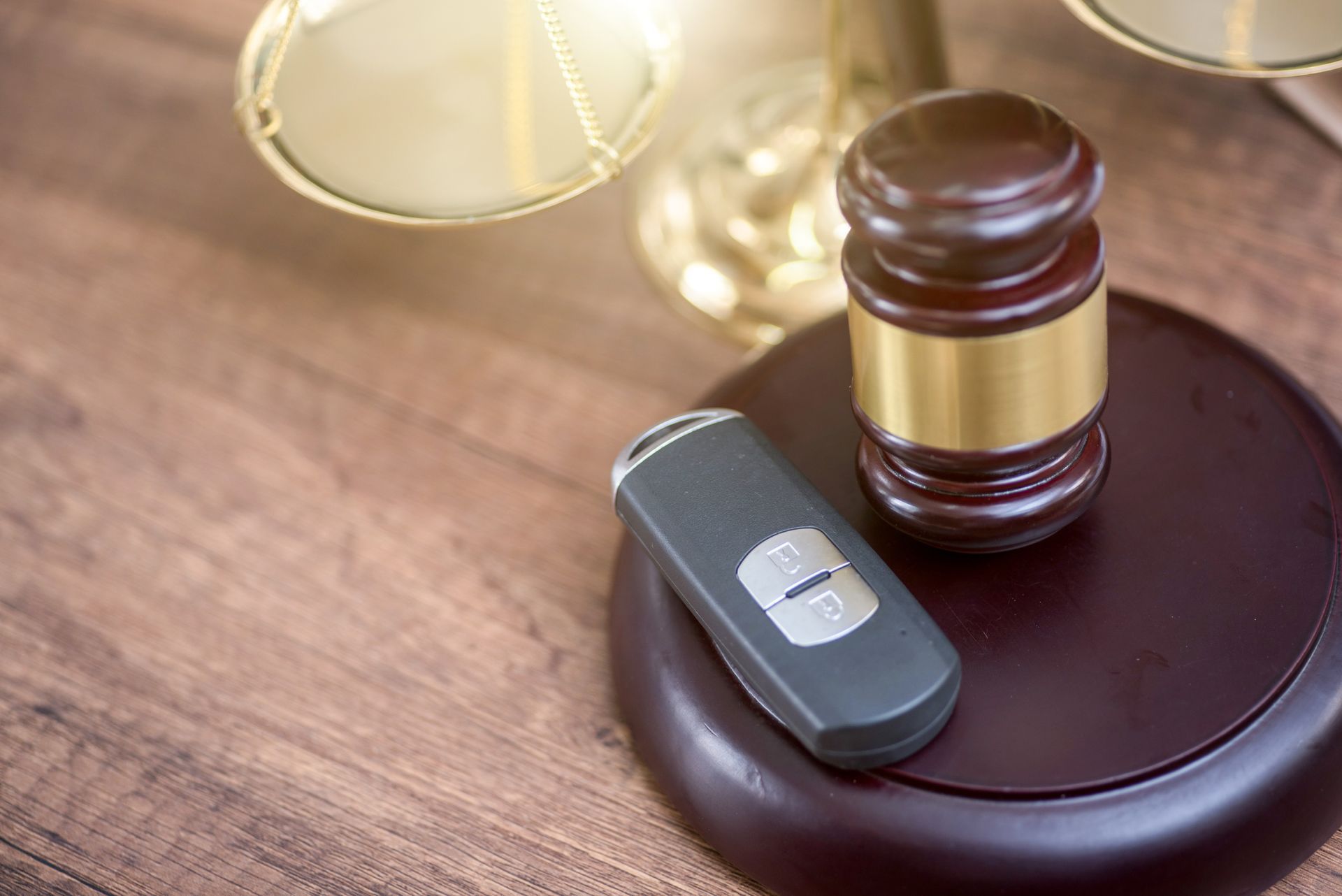THE SUPREME COURT'S NEW TERM
Another Consequential Calendar
A NEW SUPREME COURT TERM
The United States Supreme Court’s new term started October 3, 2022. This week’s blog will be a bit of a departure from the subjects typically explored on this website in order to give a brief preview of some of the bigger, more impactful cases on SCOTUS’ docket. Many of these cases are in the news, and oral arguments for them are ongoing. The synopsis below of the most noteworthy cases before the Court will hopefully help readers understand the controversies and what is at stake in each case.
In Students for Fair Admissions Inc. v. President & Fellows of Harvard College and Students for Fair Admissions, Inc. v. University of North Carolina, the Court will determine whether institutions of higher education can use race as a factor in admissions. The Supreme Court once again will look at whether universities may consider the race of applicants when trying to build diverse student bodies. It will examine the admissions policies at Harvard University and the University of North Carolina at Chapel Hill. Lower courts found that both schools complied with Supreme Court precedents that said race may be used as one factor universities can consider in a wide-ranging evaluation of applicants.
In Sackett v. Environmental Protection Agency, the Court will establish if the 9th Circuit set forth the proper test to determine whether wetlands are "waters of the United States" under the Clean Water Act. The case, involving an Idaho couple’s plans to build a house near the shores of Priest Lake, asks what test courts should use to determine what constitutes “waters of the United States,” protected under the Clean Water Act. In a 2006 case called Rapanos v. U.S., the court could not muster a majority opinion. Four justices, led by Justice Antonin Scalia, said the provision means water on the property in question must have a connection to a river, lake or other waterway. But a fifth justice, Anthony M. Kennedy, created the test that emerged from the case, saying the act covers wetlands with a “significant nexus” to those other bodies of water.
Moore v. Harper: This redistricting case out of North Carolina could have serious implications for voting rights and the future of our democracy itself. If the Court accepts the radical “independent state legislature” theory, it will effectively allow state legislatures to set their own rules for presidential and congressional elections and strip state courts of the power to strike down anti-democratic laws.
303 Creative LLC v. Elenis is about a website designer looking to create wedding announcement websites, but only for straight couples. In a previous case, Masterpiece Cakeshop v. Colorado Civil Rights Commission in 2018, the Supreme Court ruled that a baker who refused to design a cake for a same-sex couple did not have the First Amendment right of free speech to discriminate against homosexual couples. However, with the Court siding with religious conservatives in other recent cases, and the more viable tie between a website and free speech, 303 Creative v. Elenis may end in the designer’s favor. At issue is the same Colorado anti-discrimination law that came before the court then, when the justices ruled for baker Jack Phillips. The justices decided the Colorado Civil Rights Commission displayed bias against religious views in ruling against Phillips. But they did not resolve the larger question of when businesses may invoke religious objections to refuse service. Challenging the anti- discrimination law this time is Lorie Smith, a web designer in Colorado who doesn't want to make designs for same-sex couples because she asserts that would violate her religious principles. The Supreme Court is not hearing the challenge on the basis of Smith's claim to the free exercise of religion. Instead, the court has limited the case to Smith's claim that the law violates her right to free expression.
Gonzalez v. Google; Twitter v. Taamneh are two cases that raise timely issues about the internet and the regulation of it. The justices will consider a pair of cases that could test legal protections for social media companies concerning users’ posts on their platforms. The first case involves Google’s alleged responsibility for terrorist propaganda on its subsidiary, YouTube. The lawsuit was brought by the family of a student killed in a 2015 Islamic State terrorist attack in Paris. The relatives claim that the site “aided and abetted” the extremist group, in part by allowing its algorithms to recommend video content from the group. At issue is a legal provision that shields websites and online platforms from being held responsible in civil lawsuits for third-party posts. Section 230, passed in 1996, has sparked controversy with politicians in both parties calling for an overhaul to the provision. The second case accuses Twitter, Facebook and Google of violating the Anti-Terrorism Act by allowing the Islamic State to use their sites.
It will be an interesting term, and most likely, a consequential one. Oral arguments for the above cases will be worth following, since the decisions could be precedent-setting or overturning.
CONTACT YOUR ATTORNEY
If you have been involved in an accident, contact Dave Thomas at The Thomas Law Firm for a free evaluation of your legal rights.








